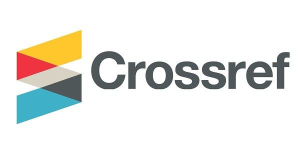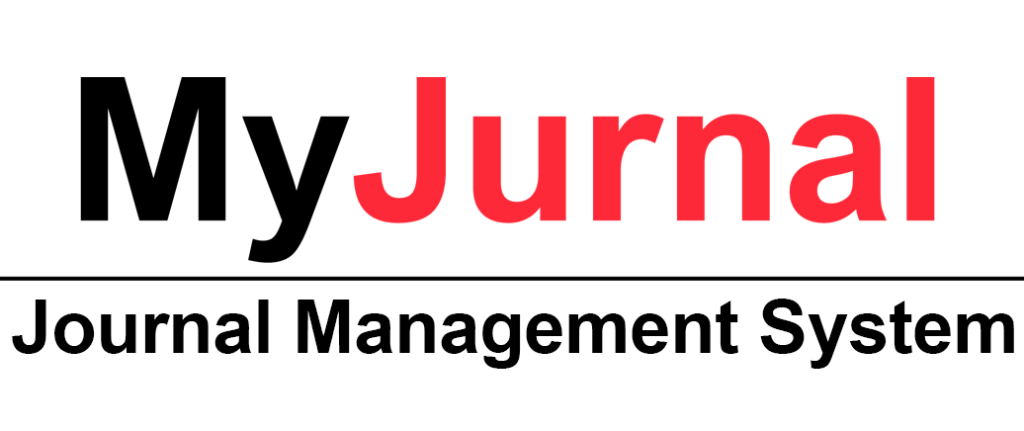Leadership Practices among Islamic Private Secondary School Principals in Southern Thailand: Validating a Model of Strategic Educational Leadership
DOI:
https://doi.org/10.31436/ijes.v10i2.430Keywords:
Strategic leadership practices, strategic orientation, strategic translation, strategic competencies, wisdom, private Islamic schoolsAbstract
This study explored the levels of strategic educational leadership practices (PSELP) among the principals of 92 Islamic private secondary schools (IPSS) in Southern Thailand as perceived by teachers at the schools. It also sought to validate and confirm a hypothesized structural equation model of PSELP based on the data provided by 918 IPSS teachers from the districts of Yala, Pattani and Narathiwat. The survey instrument was a seven-point PSELP scale with 44 items adapted from five previous studies. Descriptive statistics (i.e., means and standard deviations) were used to summarize the perceived levels of PSELP in nine aspects or domains. Confirmatory factor analysis was applied on the data to test the adequacy of the proposed PSELP model. The results showed that the teachers had the perception that their principals effectively practiced all five factors of strategic educational leadership and exhibited the four characteristics of strategic leaders. This discovery contradicted previous findings that school principals’ leadership practices were low or inadequate. The CFA results established the proposed nine-factor model of IPSS principals’ strategic educational leadership practices as valid and reliable, confirming the presence of strategic orientation, strategic alignment, strategic intervention, strategic translation, strategic intervention, restlessness, absorptive capacity, adaptive capacity, and leadership wisdom in the model. The findings have raised a new concern, that is, if the principals of the IPSS have actively and extensively been practicing strategic leadership, what then could be the causes of the poor performance of the IPSS in Southern Thailand? This concern has paved new directions for future research involving the quality of Islamic schools in the region.
Metrics
Downloads
Published
How to Cite
Issue
Section
License
Copyright (c) 2022 IIUM Press, International Islamic University Malaysia

This work is licensed under a Creative Commons Attribution 4.0 International License.
The Journal will own copyright to all published works and have the right of first publication, both in print and online, unless other arrangements are made with the Editors in advance. It is the author`s responsibility to ensure that where copyright materials are included within an article the permission of the copyright holder has been obtained beforehand.























